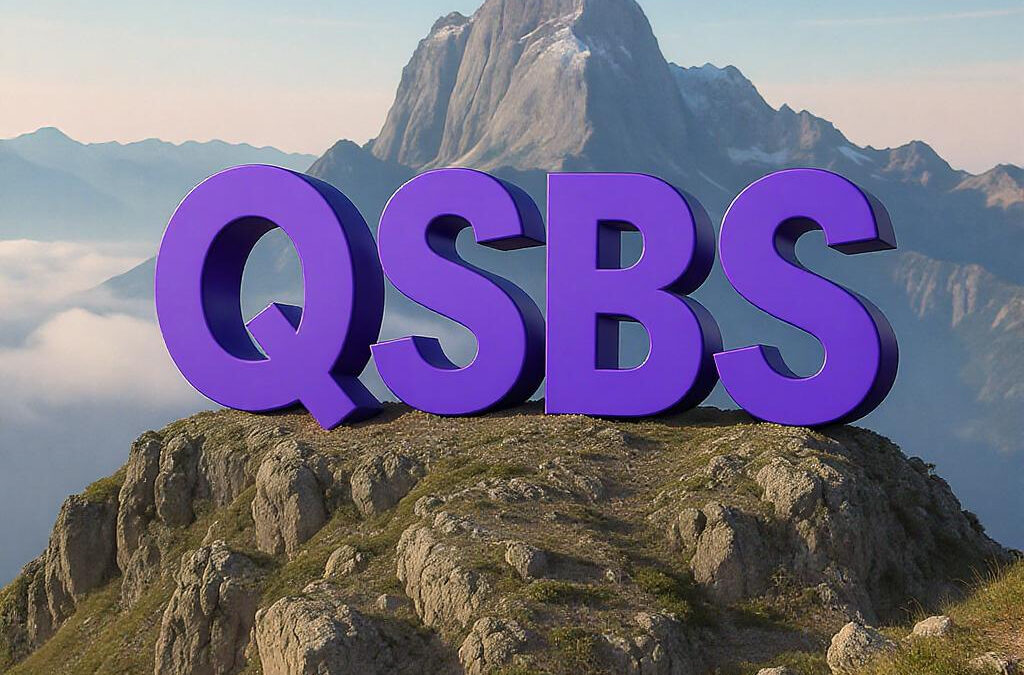The One Big Beautiful Bill Act (OBBBA) makes changes to the tax code which can impact mergers and acquisitions. Whether you’re looking to sell your business or expand by acquiring one, the OBBBA has provisions which can benefit you.
A few points of interest:
Business Interest Deductibility
 Under the Tax Cuts and Jobs Act (TCJA) of 2017, businesses’ interest expense deductions were limited to 30% of the taxpayer’s adjusted taxable income (ATI).
Under the Tax Cuts and Jobs Act (TCJA) of 2017, businesses’ interest expense deductions were limited to 30% of the taxpayer’s adjusted taxable income (ATI).
Under the OBBA, effective for tax years beginning after 2024, a taxpayer‘s business interest deduction is expanded to the sum of its business interest income, floor plan financing interest, and 30% of adjusted taxable income. Adjusted taxable income corresponds to earnings before interest, taxes, depreciation, and amortization (EBITDA), rather than earnings before interest and taxes (EBIT) as under prior law.
Increased after-tax business income may allow buyers to obtain more favorable financing rates and will make businesses’ bottom lines more attractive to potential purchasers, and mergers & acquisition deals should increase in value overall.
QSBS Sales
 Section 1202 was enacted in 1993, allowing exclusion of 50% of capital gains from the sale of qualified small business stock (QSBS) from taxable income. The QSBS had to have been held by the seller for at least 5 years, and subject to a cap, as a percentage of the seller’s basis or a ceiling of a specified dollar figure.
Section 1202 was enacted in 1993, allowing exclusion of 50% of capital gains from the sale of qualified small business stock (QSBS) from taxable income. The QSBS had to have been held by the seller for at least 5 years, and subject to a cap, as a percentage of the seller’s basis or a ceiling of a specified dollar figure.
The rules governing the QSBS sales exclusion, and the amount excludable, have varied.
The OBBA institutes tiers of deductibility on QSBS sales:
- 50% of capital gains can be excluded if the seller has owned the QSBS at least 3 years
- 75% can be excluded after 4 years’ ownership
- 100% of QSBS sales’ capital gains are non-taxable after 5 years’ ownership
The cap on these deductions has increased from $10 million to $15 million.
Sellers can therefore realize greater net proceeds on sales of their business’ stock, making an exit more attractive.
R&E Deductibility
 Under the OBBBA, research and experimental (R&E) expenses incurred in the United States can now be fully expensed, rather than amortized over 5 years.
Under the OBBBA, research and experimental (R&E) expenses incurred in the United States can now be fully expensed, rather than amortized over 5 years.
Manufacturing, technology, healthcare, and other R&E-heavy businesses may therefore be more attractive as purchases.
Bonus Depreciation
 The TCJA allows domestic pass-through business owners to deduct up to 20% of qualified business income (QBI) from their individual income tax returns, subject to certain income limitations.
The TCJA allows domestic pass-through business owners to deduct up to 20% of qualified business income (QBI) from their individual income tax returns, subject to certain income limitations.
The OBBBA makes the 20% QBI deduction permanent.
Further, the OBBBA allows owners of Specialized Trade and Service Businesses (SSTBs―e.g., law, healthcare, finance & accounting, investment banking) to deduct QBI, subject to phase-out thresholds at incomes starting at $75,000 for individuals and $150,000 for married joint filers.
Prior to the OBBBA’s enactment, SSTBs were mostly excluded from the bonus depreciation’s tax benefit.
All these factors, and others, make us think the M&A marketplace may become even more popular in the near future.
If you’re looking to plan an exit from your business, or want to expand via acquisition, Rigby Financial Group can help you through every step of the process, from your earliest explorations through all the post-closing chores and details.
We invite you to consult our experts. Our team would love to help you navigate the sometimes-choppy waters of mergers & acquisitions, to your maximum and lasting benefit.
Please click here to email us directly―we are always at your service―the reason we’re here at all is to be here for you!
Until next time –
Peace,
Eric
For previous posts on the progress of the OBBBA, see:
One Big Beautiful Bill: New Tax Law!
One Big Beautiful Bill: Proposed Senate Changes to House Tax Provisions
Revised House Reconciliation Bill = Tax Benefits!
Real Estate Investors Benefit via New House Reconciliation Bill’s Tax Changes




